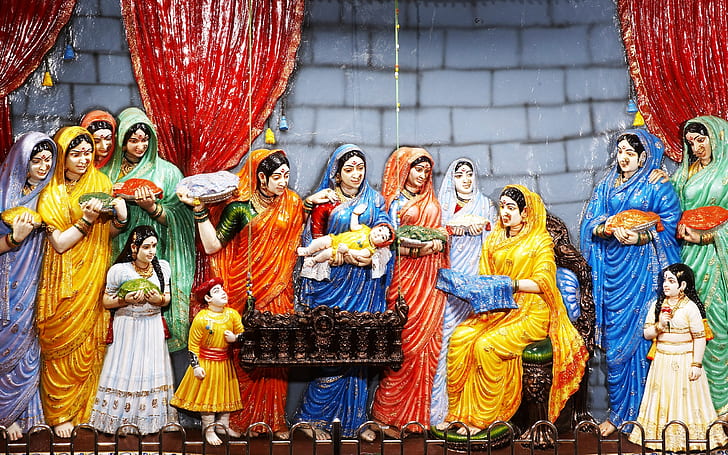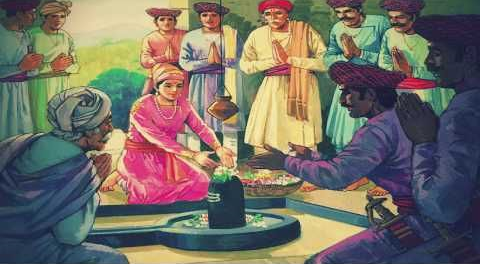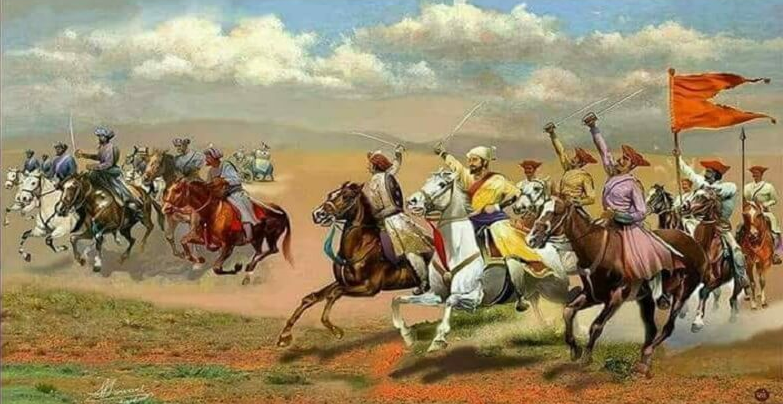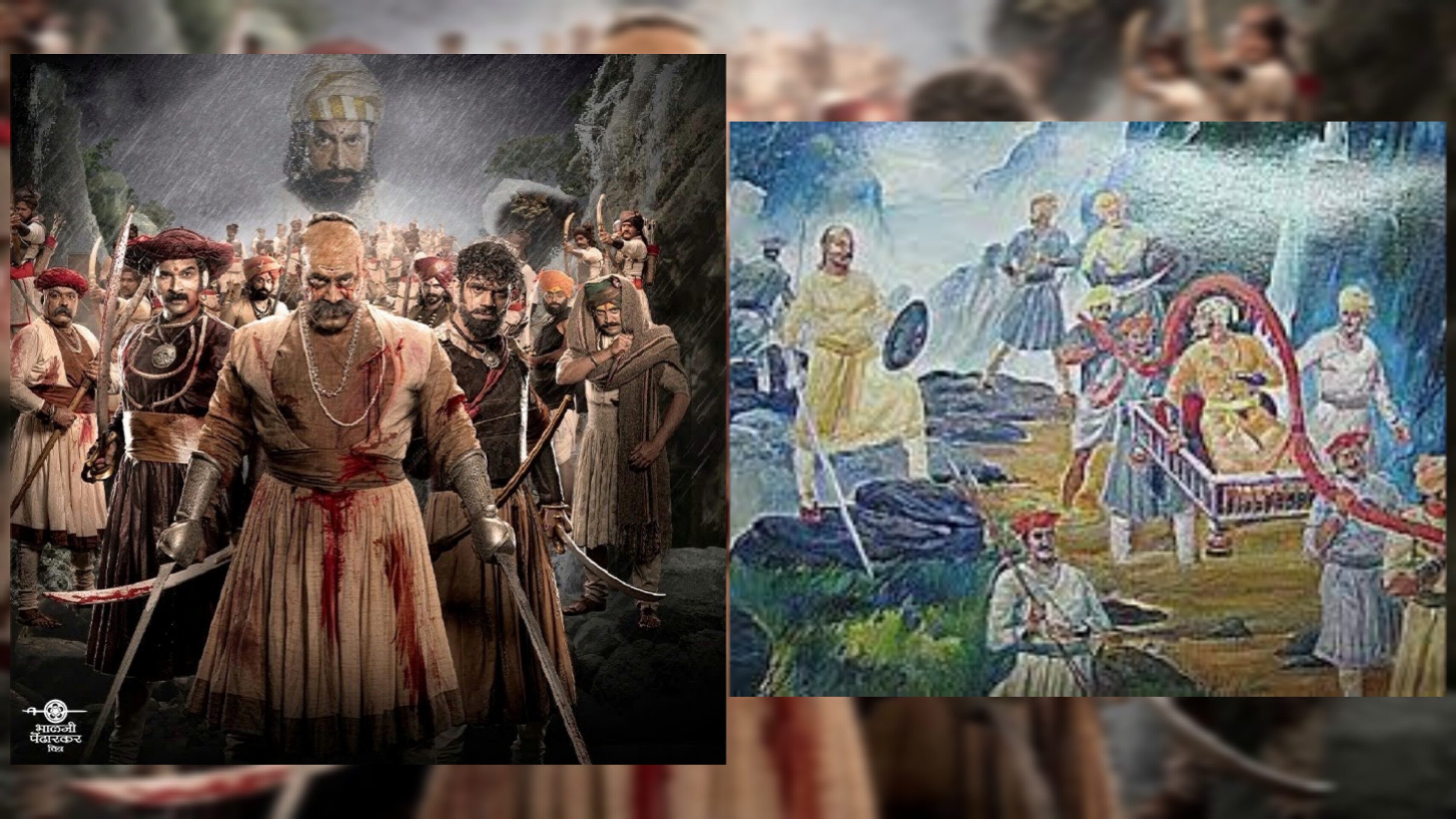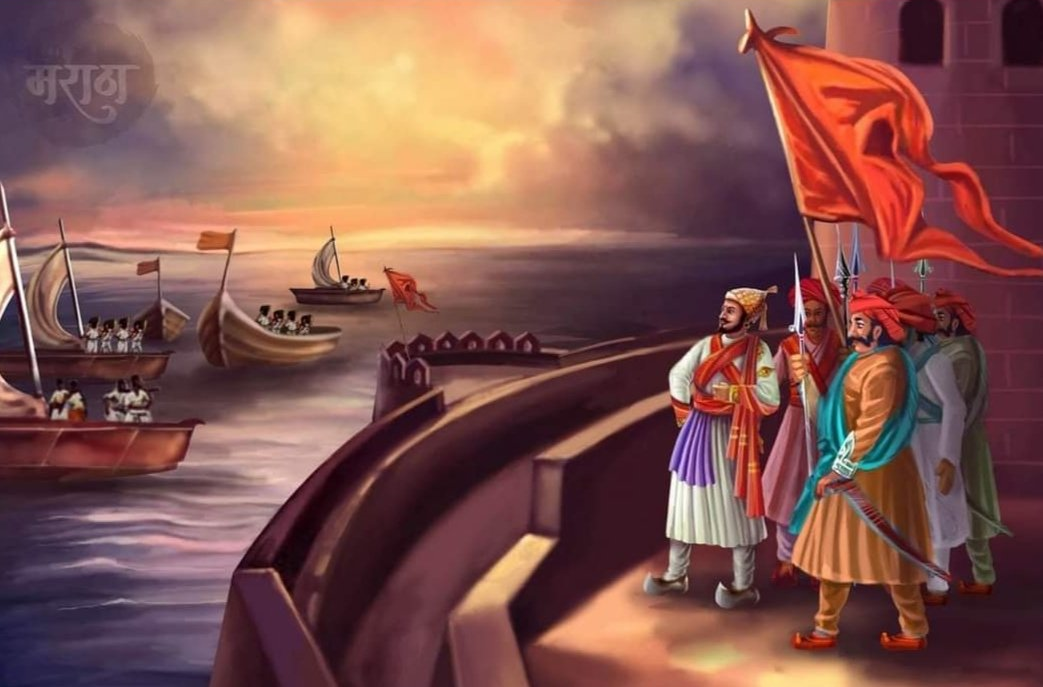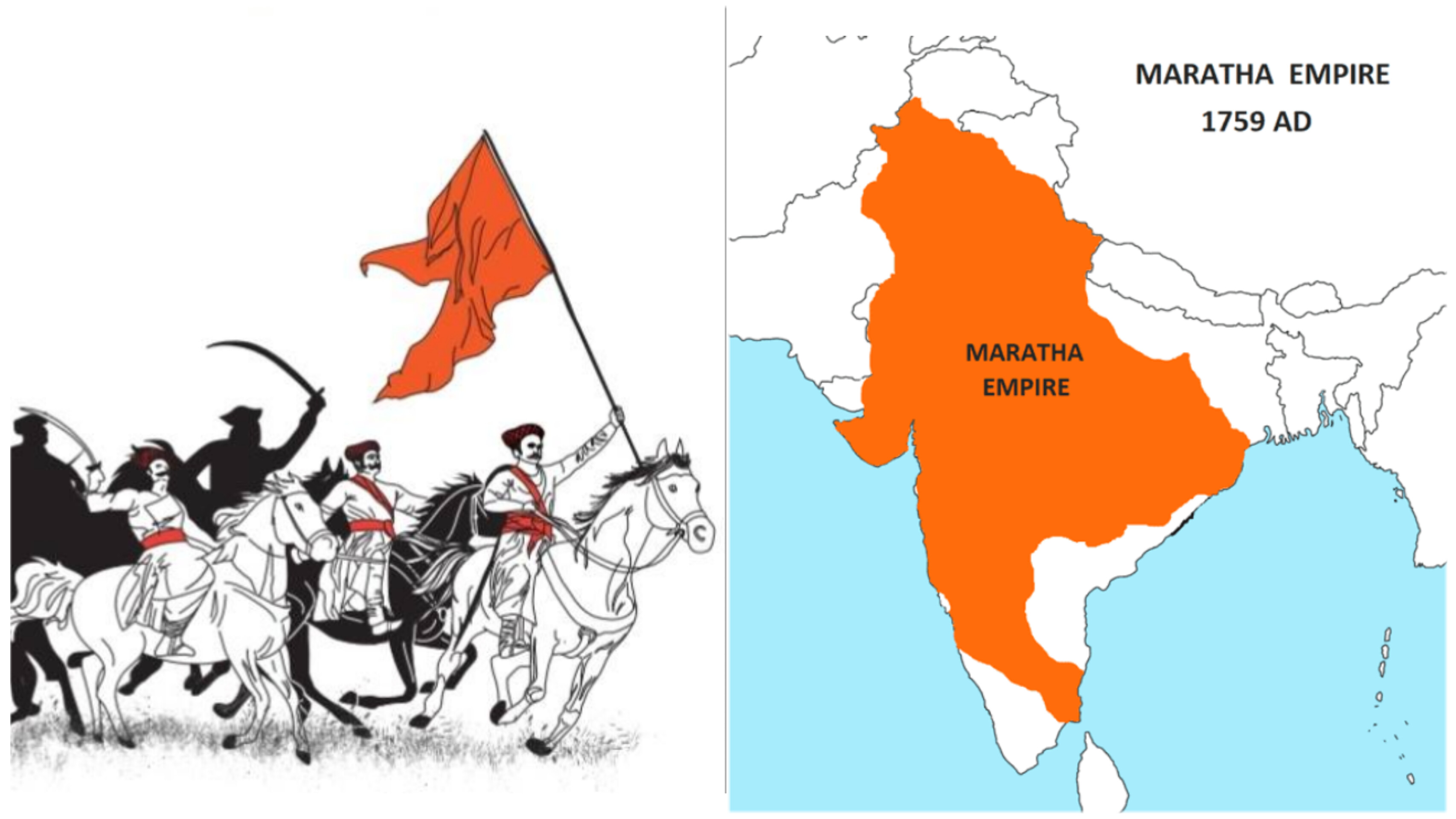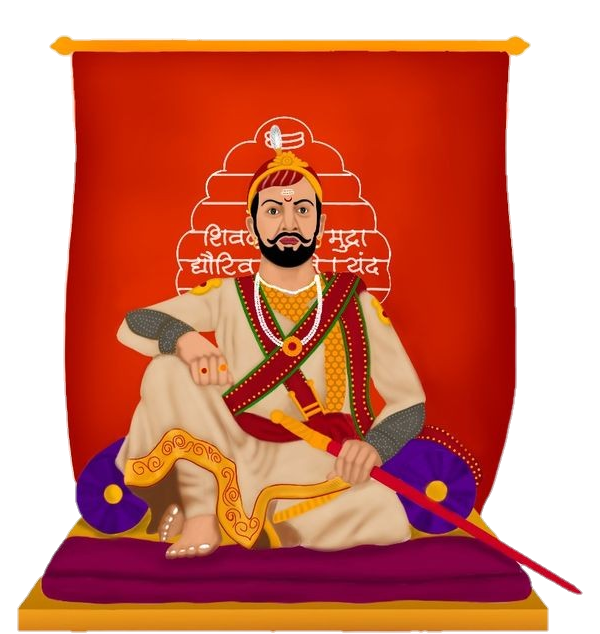About Chhatrapati Shivaji Maharaj
Chhatrapati Shivaji Maharaj, also known as Shivaji Raje Bhosle, was a prominent Indian warrior king who founded the Maratha Empire in the 17th century. He is celebrated as an influential and iconic figure in Indian history, admired for his military prowess, administrative skills, and commitment to the welfare of his people. Shivaji's strategic conquests and visionary leadership led to the establishment of a just and tolerant rule, leaving a lasting legacy that continues to inspire generations.
Additionally, he is honored as the father of the Indian navy for his recognition of the strategic importance of naval power and his efforts in building a formidable navy to protect the Konkan coastline and strengthen his empire's defenses. His memory is commemorated on Shivaji Jayanti, his birth anniversary, with enthusiasm in Maharashtra and other parts of India, where he is revered as a national hero and a symbol of courage, self-rule, and maritime prowess. Statues, monuments, and institutions dedicated to him stand as testaments to his enduring impact on Indian history and culture.
